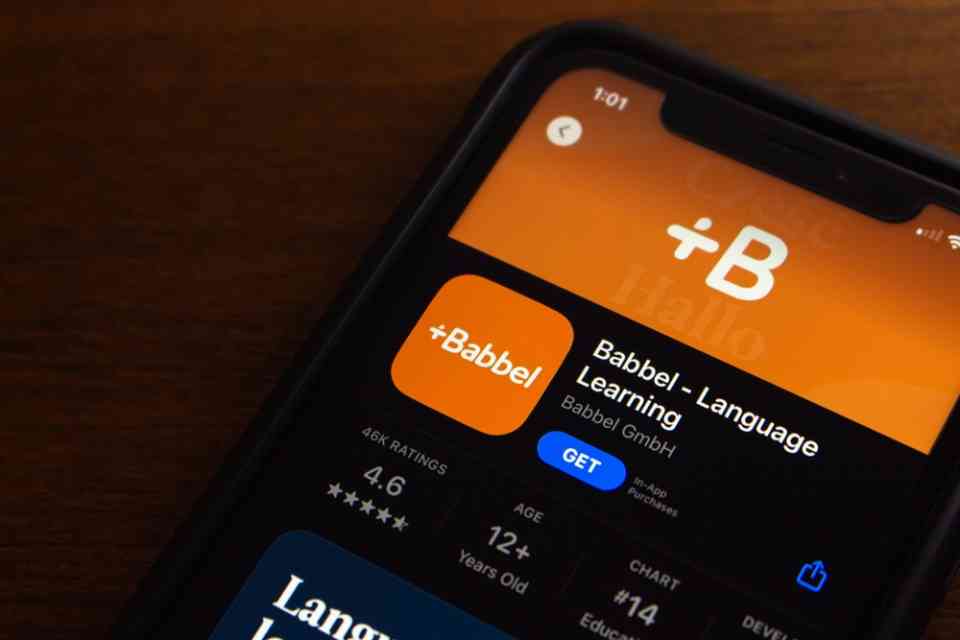Co-Founder of Babbel Steps Back to Replace Arne Schepker as CEO During the Search for Permanent Successor

Arne Schepker, CEO of the Berlin-based language learning platform Babbel, is stepping down, and co-founder and former CEO Markus Witte is stepping back into a leadership role during the search for Schepker’s successor, according to a statement from the company. Witte will not immediately assume the CEO position but will instead serve as executive chairman and managing director. The company indicated that this transition marks the beginning of a new phase, which will involve greater integration of AI into Babbel’s operations.
After nearly five years as sole CEO and having spent a few months prior as co-CEO with Witte, Schepker chose not to renew his contract. He explained that he felt he couldn’t fully commit the necessary energy to the role, stating that being a CEO requires more than 100 percent dedication. He decided it was the right time to step down, as he no longer felt that level of enthusiasm. He also mentioned that he had grown tired of the repetitive aspects of the job, such as creating annual budgets and setting objectives for the team.
Schepker, who originally joined Babbel as CMO in 2015, added that the timing of his departure aligned well with the company’s transition into a new phase. He expressed a desire to take time off to travel with his family for the next year and noted that he would not be updating his LinkedIn profile until winter.
During an interview, Schepker expressed his satisfaction at being able to pass the leadership back to Witte, whom he trusts and with whom he shares a strong alignment. He praised Witte for building Babbel’s first products, establishing the company culture, and laying the foundations that Schepker had worked for.
Under Schepker’s leadership, Babbel’s revenue grew sixfold to approximately $300 million, and the company expanded to nearly 1,000 employees. One of the achievements he’s most proud of, though, was Babbel’s efforts to offer free language-learning tools to students during the pandemic and to Ukrainian refugees, even though there was no direct monetary benefit to the company.
Looking to the future, Witte shared his vision for Babbel, emphasizing the potential of AI in enhancing language learning. While Babbel has already used machine learning in its platform, the company has historically emphasized its reliance on human teachers and experts, distinguishing itself from competitors like Duolingo. However, Witte acknowledged that the rapid pace of technological advancement, especially in AI, means it’s difficult to plan beyond the next six months.
He noted that even those building large language models are unsure of the future capabilities of the next generation of technology. As a result, companies like Babbel must be more agile than ever before. Witte also suggested that having a founder back at the helm during this period of uncertainty could be beneficial, as he, as a major shareholder, might be more willing to take risks and make bold strategic changes.
Have you read?
World’s Most Fashionable Countries.
World’s Best Countries For Business Expats.
Best Non-Native English Speaking Countries In The World.
Countries With The Largest Household Size.
World’s Best (And Worst) Countries For Older People To Live In.
Bring the best of the CEOWORLD magazine's global journalism to audiences in the United States and around the world. - Add CEOWORLD magazine to your Google News feed.
Follow CEOWORLD magazine headlines on: Google News, LinkedIn, Twitter, and Facebook.
Copyright 2025 The CEOWORLD magazine. All rights reserved. This material (and any extract from it) must not be copied, redistributed or placed on any website, without CEOWORLD magazine' prior written consent. For media queries, please contact: info@ceoworld.biz








